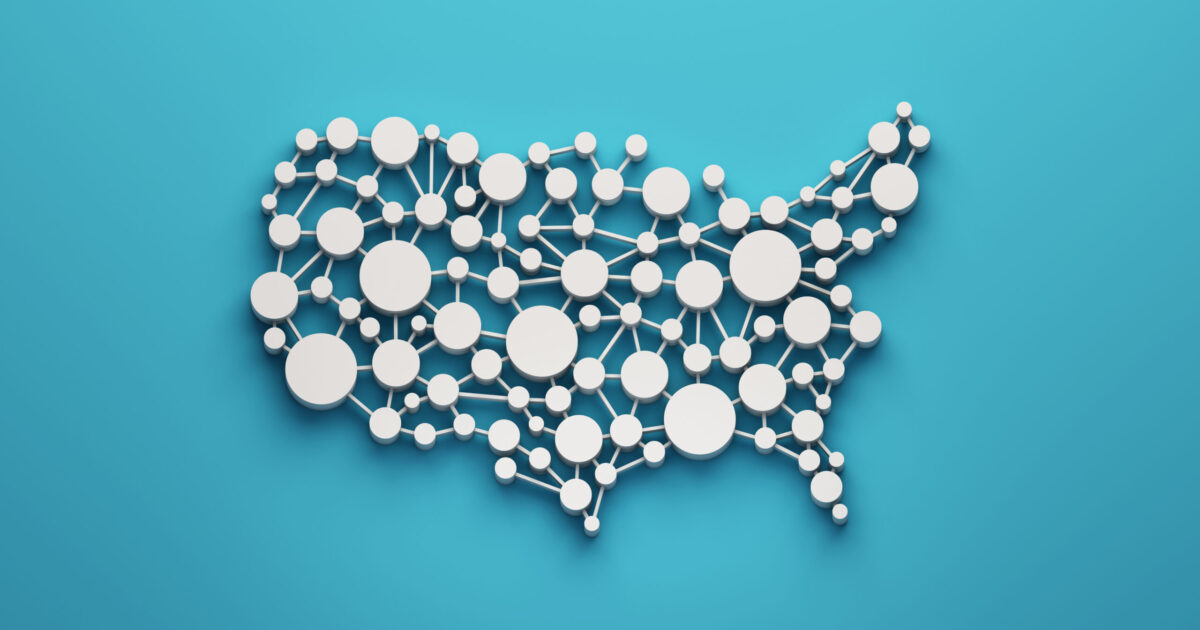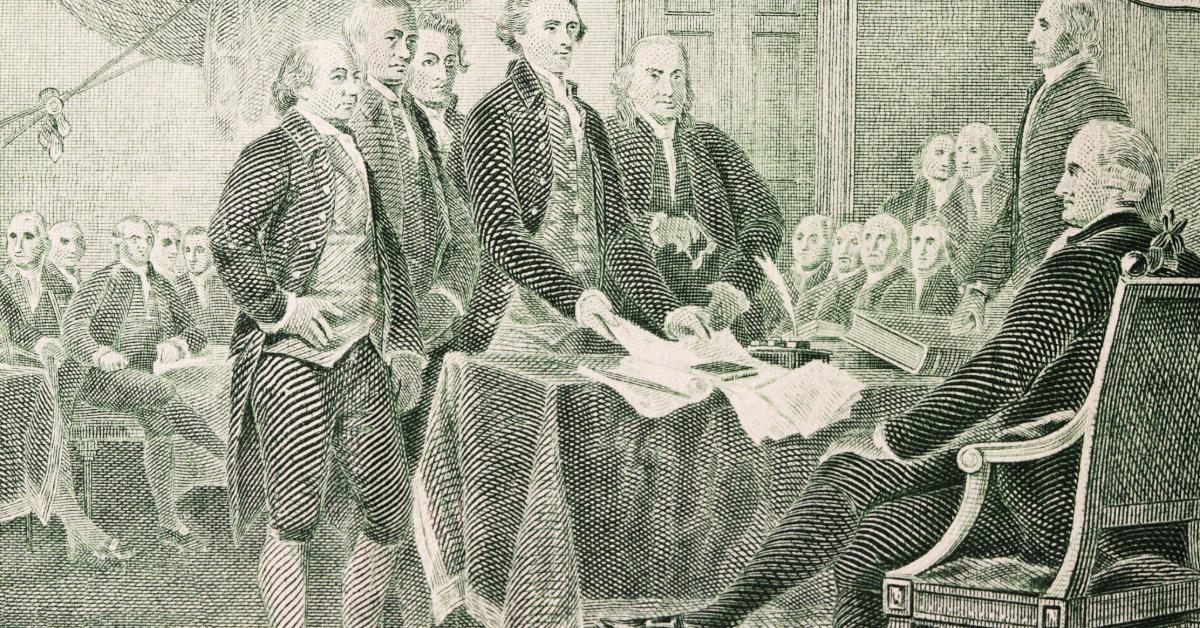Under the blazing summer sun, I squatted in our family’s garden amidst the swaying wheat. As I harvested, the steady snipping of my shears mixed with the soft, almost musical sound of wheat straw. The airy touch of the awns brushed against my face, bringing to mind Ruth gathering barley in Israel ages ago.
On that summer day, I was in a wheat patch in our large garden—a plot measuring 100 feet long and 4 feet wide, or 400 square feet, about a hundredth of an acre.
You might be wondering about the practicality of growing such a small amount of wheat. “Why not just buy flour from the store? Why bother with this tiny wheat patch?” you might ask. This is what you could call a small-scale wheat production, and it’s not just a theoretical thing for me.
In our family, we regularly grind and bake with whole wheat. Having my own wheat in the garden, where I can see each growth stage, participate in the harvest, and process it myself, adds something extra to the experience of eating bread.
From childhood memories to daily reality
From childhood recollections to everyday life, the idea of making bread from scratch has fascinated me for as long as I can remember. Ever come across the tale of the Little Red Hen?
In this story, she diligently sets out to grow wheat for her own bread, persistently seeking help from farm mates at each stage of the process. However, no one shows interest in lending a hand until the aroma of the freshly baked loaf fills the air. Suddenly, everyone wants a slice. Yet, at this point, the Little Red Hen decides that since she did all the work solo, she’ll savor her bread solo too.
This children’s story vividly illustrates the value of hard work, and in my youth, I relished reading our version. The vibrant illustrations traced the journey of wheat, from seed to golden crop, and through the processes of harvesting, milling, and baking into a mouthwatering loaf. I could almost taste it myself!
Now, as an experienced farmer managing my own projects, possessing the Little Red Hen’s knack for cultivating wheat for my family with minimal equipment has become a valuable skill. Wheat serves as an excellent cover crop in an established garden, even if you have no plans to harvest the grain.
In our region, winter wheat forms a robust green cover during the colder months. Come spring, we either plow it into the soil or mow it down, readying the ground for planting. Wheat naturally suppresses weeds, and its roots enhance soil structure, creating an ideal environment for beneficial soil-dwelling creatures.
Wheat cultivation

Experimenting with wheat cultivation began in my family’s garden several years ago. Curiosity led me to grab some wheat from our storage buckets, sow it onto the ground with anticipation, and lightly cover the area with…
Continue reading









